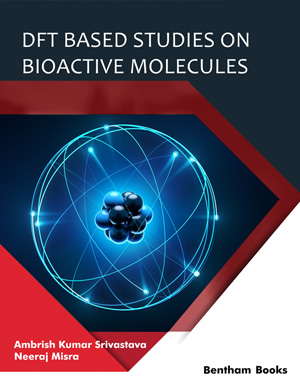Abstract
Introduction: Quantitative structure-property relationships (QSPRs) models have been widely developed to derive a correlation between chemical structures of molecules to their known properties. In this study, QSPR models have been used on 91 alkenes to develop a robust model for the prediction of enthalpy of vaporization under standard condition (ΔH°vap/kJ.mol-1) and at normal temperature of boiling points (T˚bp /K) of alkenes.
Methods: A training set of 81 structurally diverse alkenes was randomly selected and used to construct QSPR models. These models were optimized using backward-multiple linear regression (MLR) analysis.
The genetic algorithm and multiple linear regression analysis (GA-MLR) were used to select the suitable descriptors derived from the Dragon software.
Results: The multicollinearity properties of the descriptors contributed in the QSPR models were tested and several methods were used for testing the predictive models power such as Leave-One- Out (LOO) cross-validation(Q2 LOO), the five-fold cross-validation techniques, external validation parameters (Q2 F1, Q2 F2, Q2 F3), the concordance correlation coefficient (CCC) and the predictive parameter R2 m.
Conclusion: The predictive ability of the models was found to be satisfactory, and the five descriptors in three blocks, namely connectivity, edge adjacency indices and 2D matrix-based descriptors could be used to predict the mentioned properties of alkenes.
Keywords: Alkenes, multiple linear regression, genetic algorithm, molecular descriptors, Leave-One-Out Cross-Validation, enthalpy of vaporization, boiling points.
Graphical Abstract












